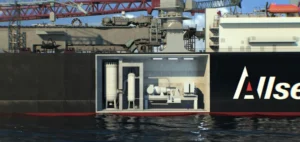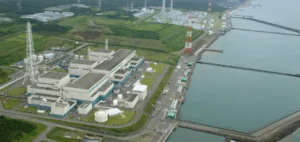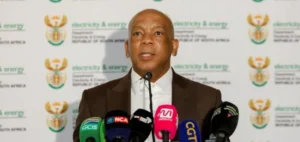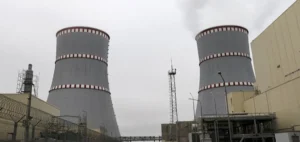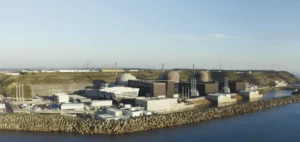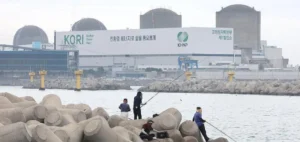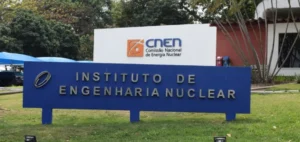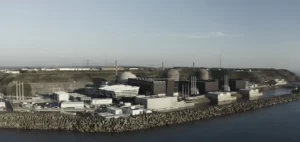Franco-Italian group Newcleo announced that its advanced modular LFR-AS-200 reactor, cooled with lead, has been officially accepted to begin the Generic Design Assessment (GDA) process in the United Kingdom. This decision marks a significant regulatory milestone for Newcleo’s British project, which aims to commercially deploy this technology in the UK.
A first for an advanced modular reactor
The GDA is a voluntary procedure overseen by the Office for Nuclear Regulation (ONR), the Environment Agency (EA), and Natural Resources Wales (NRW), designed to assess the safety, security, and environmental compliance of proposed nuclear reactor designs in the United Kingdom. In May 2021, the UK government expanded the GDA scope to include advanced nuclear technologies, such as Small Modular Reactors (SMRs).
Newcleo submitted an application to the Department for Energy Security and Net Zero (DESNZ) in December for its LFR-AS-200 reactor to enter the process. It is the first time an Advanced Modular Reactor (AMR) has been accepted for such an assessment, which will include two validation stages by the ONR and the EA.
Commercial deployment targeted in the UK
The company stated that the LFR-AS-200 design is under development for commercial deployment and that several potential sites are currently being assessed in the UK. Newcleo also noted that this acceptance follows a Regulatory Justification request submitted in April 2024, the first such application for a new reactor in nearly a decade.
According to Newcleo’s delivery schedule, a non-nuclear prototype is expected to be operational in Italy by 2026, with a first reactor in service in France by 2031. A final investment decision for a commercial power plant is targeted around 2029.
Competition among modular reactor technologies
The GDA has already been applied to several technologies, including EDF/Areva’s UK EPR, Westinghouse’s AP1000, Hitachi-GE’s UK ABWR, and the UK HPR1000 led by CGN/EDF/GNI. Other projects currently under review include Rolls-Royce’s SMR, GE Hitachi Nuclear Energy’s BWRX-300, Holtec International’s SMR-300, and since August 2024, Westinghouse’s AP300.
This development positions Newcleo in the race for next-generation nuclear technologies in the UK, at a time when London is increasing initiatives to diversify its nuclear fleet and attract private investment.











